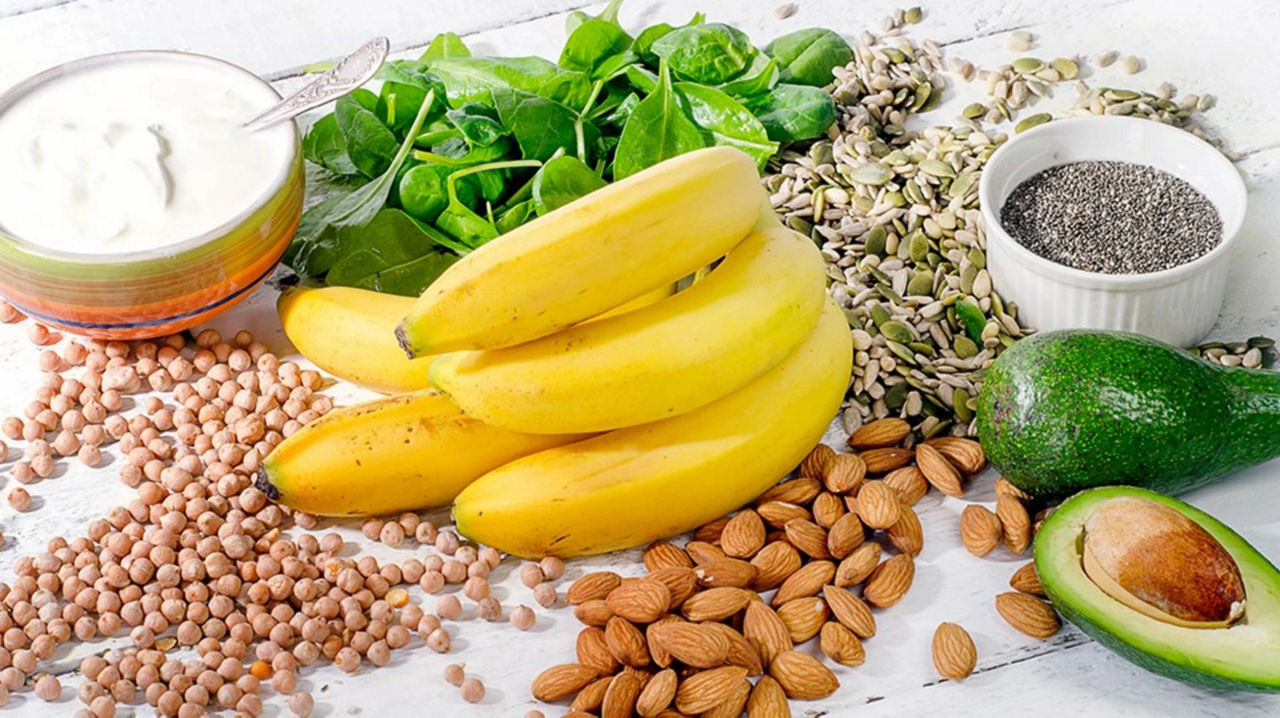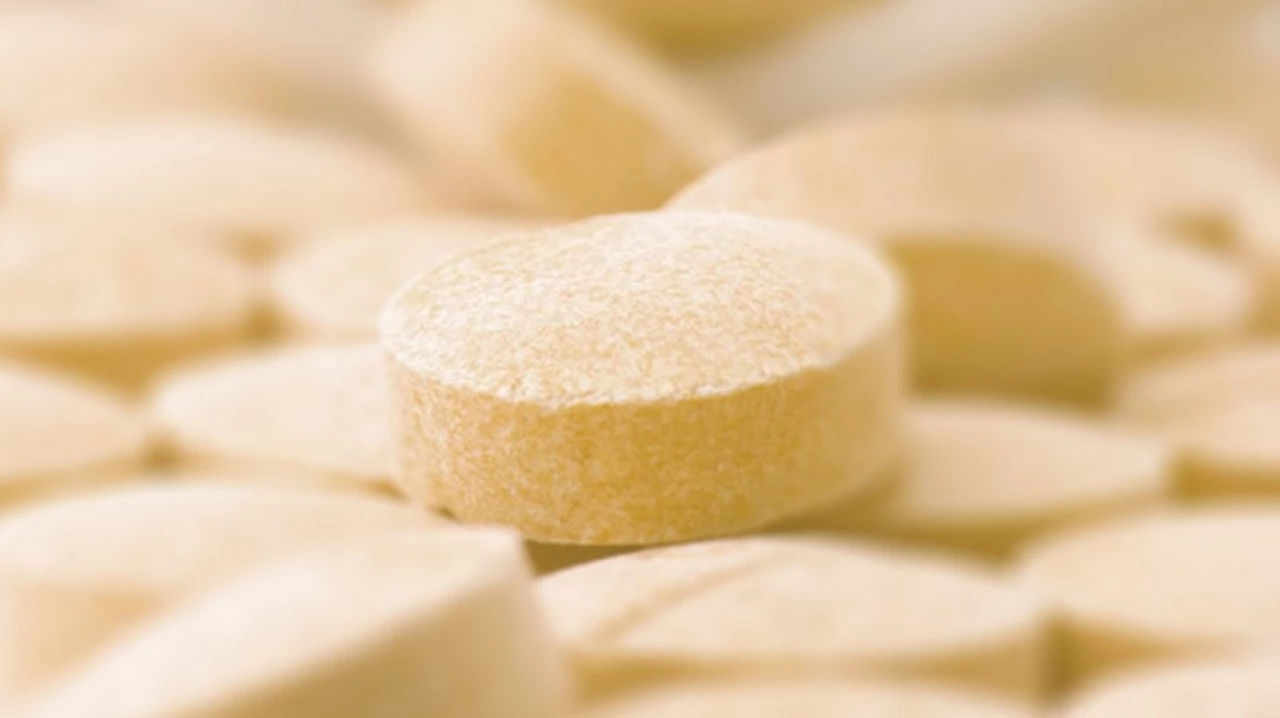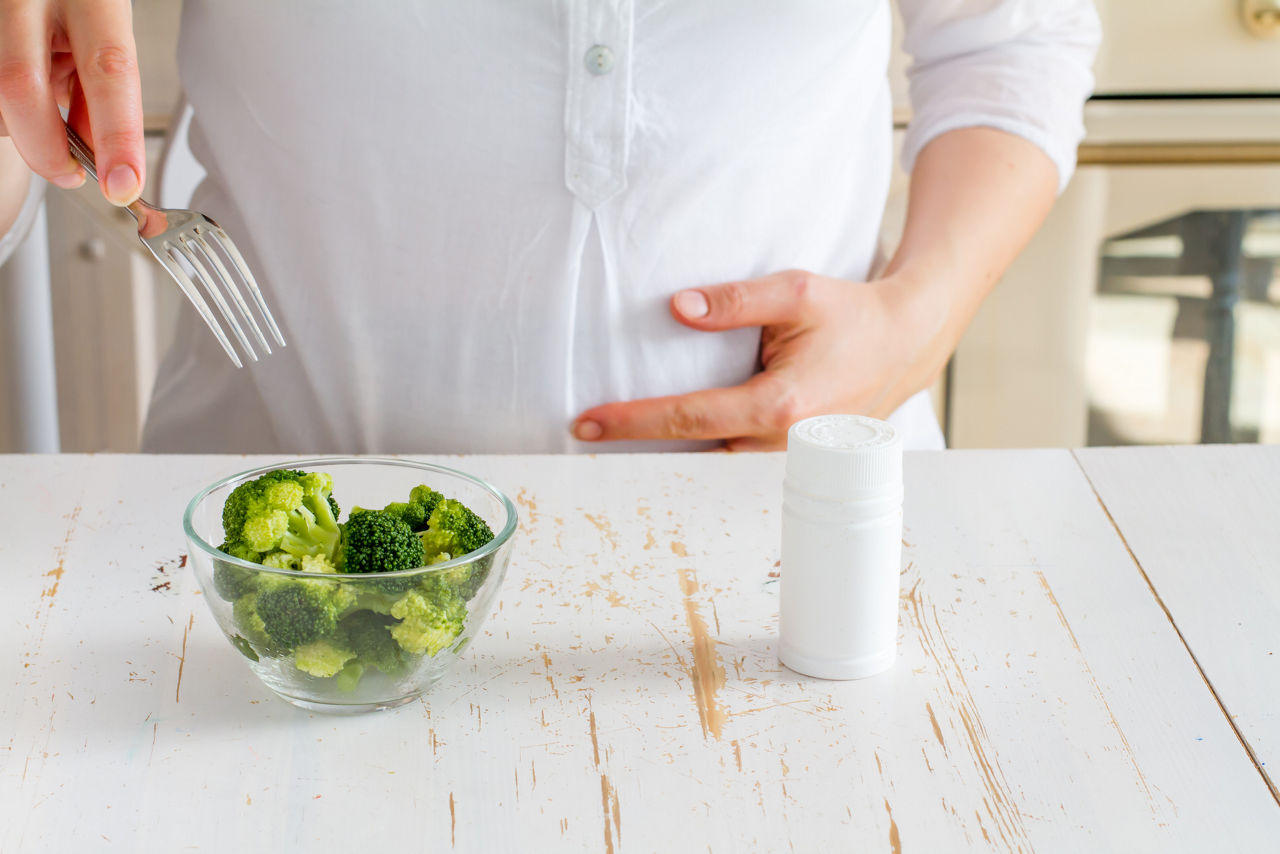A lack of vitamin D, known as vitamin D deficiency, can result in tiredness and aches and pains1. When you’re pregnant or breastfeeding, you’re at an increased risk of vitamin D deficiency and need to pay special attention to getting an adequate amount1.
If you have dark skin, your increased pigment affects your skin’s ability to generate vitamin D3, making a daily supplement even more important. Women of South Asian, African, Caribbean and Middle Eastern descent who live in the UK are particularly at risk2.
Taking a daily supplement protects your own health, as well as your baby’s. In babies and children, extreme vitamin D deficiency can lead to rickets, a condition characterised by soft bones that don’t develop as they should. A lack of vitamin D has also been linked to long-term conditions such as osteoporosis and diabetes, and other serious diseases3.






